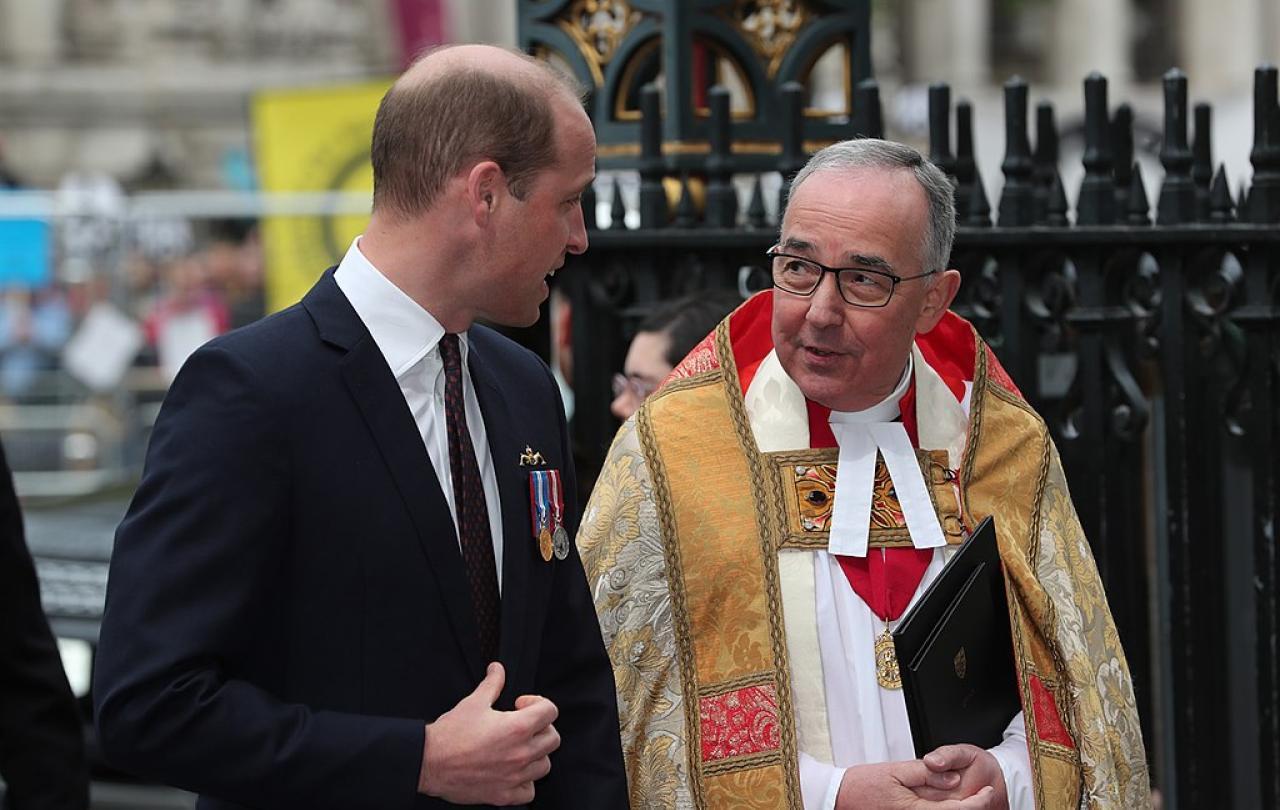
The Cambridge don told us calmly but firmly in answer to a question, probably mine, that: “You don’t need to have a commitment to study theology here, but it helps.” It was 1972 and I looked around me. I was surrounded by young blokes, dare I say it, of a certain type – tall, pale-though-uninteresting, spotty and a bit chinless. Very much like me in fact in those respects but unlike me, I thought, in one key respect: Blimey, they’re all going to be vicars!
I ran a mile – well, about 100 – to study something more fun at a redbrick, something that was also being studied by young women, which was important for me at that moment.
Little did I know that I’d take a theology degree some 30 years later, when I trained for priesthood. And, as it happens, very much alongside women, though this column really isn’t about that.
What it is about is the lingering academic assumption that theology is for the committed, the faithful; that it’s vocational and for people who are called to make a career of it. I wanted to study it as an adolescent only because I was academically interested (yes, how we laugh now).
I’m with C.S. Lewis when he says faith is either a fraudulent trick or an absolute truth but can’t be anything in between (“He has not left that open to us”). Either way, I thought, that’s a great story, a curiosity for stories that led me to journalism, since the latter choice – absolute truth – seemed to be the matriculation requirement for theology at university. And the idea that theology is for committed Christians still prevails.
It’s been on the news agenda again lately that religious studies at A-level and theology in further education have been collapsing as course choices, even as Gen Z (18-28) has shown an increasing propensity for a return to faith and church-going – the “quiet revival”.
That apparent paradox may be explained in a number of ways. The current college generation may not equate religious interest with academic study (as I didn’t, in a way). It may be that young men, in particular, are drawn to church by a resurgent conservative Christian nationalism. Or it may simply be that a spiritual consciousness is seen as a self-improvement technique that gets dropped by their thirties.
But there’s another possibility. Maybe we’re just not teaching theology very well. Maybe, perish the thought, we’re making it boring. Perhaps it’s like wanting to make music as a child and being sat down in front of a blackboard to be taught theory, bars and crotchets and whatnot.
Maybe the young are interested in the subject but not in the Church Fathers, scriptural hermeneutics and ancient Greek. They may be intensely interested in whence our western ethics, morality and culture derive, but then they have history and philosophy for that. Theology is dying on its feet even as the young are wishing to make it live again.
I have a proposed solution and it’s this: Contextual Theology. This is a school that examines the meaning of religious faith in its contemporary cultural and social contexts. It values human experience – otherwise revelation – as a valid theological source and recognises that scripture emerges from its own cultural circumstances and must be viewed with reference to our own.
What Contextual Theology emphatically isn’t is an attempt to make theology “fit” post-modern mores and fads. The fount of divinity is unchangeable – impassable, as theologians say – but we’re invited to interpret it through the prism of the world in which we live. It’s not so much about how theology works in the world as how theology makes the world work.
Contextual Theology is as demanding as it is illuminating. It’s the degree I took, as it happens, when I trained for priesthood in the early Noughties and it never did me any harm (Discuss).
This isn’t a replacement theory for classical theology. We need to understand it in its ancient context to re-interpret it in our technocratic political climate. The curiosity of our young generation seems to suggest that’s an appealing prospect.
Yet search for a Contextual Theology degree course and you search in vain. They’re only available on courses for ministerial training (like mine), validated by a university rather than taught by it. That means you can only really study Contextual Theology if you’re training for ministry. Which takes me back to that summer of 1972.
As Graham Tomlin, of this parish, asserts, we need theologians as well as ministers if the quiet revival among the young is to be properly supported. But we need theologians of all sorts, classical and contextual.
I like to think of the theologian who, struck by lightning, arrives at the Pearly Gates. “But I taught that God sends famine and floods on all those who sin,” complains the theologian. “Ah,” replies St Peter, “but I think you took him out of context.”
Support Seen & Unseen
Since Spring 2023, our readers have enjoyed over 1,500 articles. All for free.
This is made possible through the generosity of our amazing community of supporters.
If you enjoy Seen & Unseen, would you consider making a gift towards our work?
Do so by joining Behind The Seen. Alongside other benefits, you’ll receive an extra fortnightly email from me sharing my reading and reflections on the ideas that are shaping our times.
Graham Tomlin
Editor-in-Chief





